The Democratic Republic of Congo, No Matter What
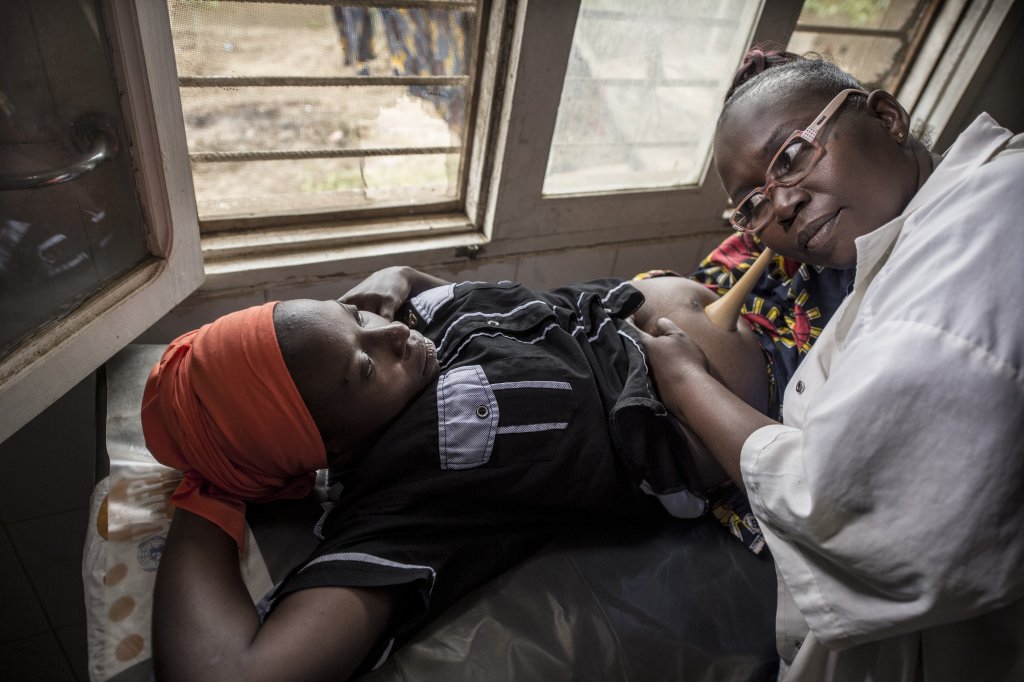
This article contains stories of sexual assault, including toward children. Please take care when reading.
The Democratic Republic of Congo (DRC) is a massive country with incredible natural resources. But, centuries of exploitation, near-constant disease outbreaks, and chronic violence have left the country in a fragile state. Today, UNFPA provides women and girls in the DRC and neighboring countries with the lifesaving care they need, no matter what.
History of the DRC
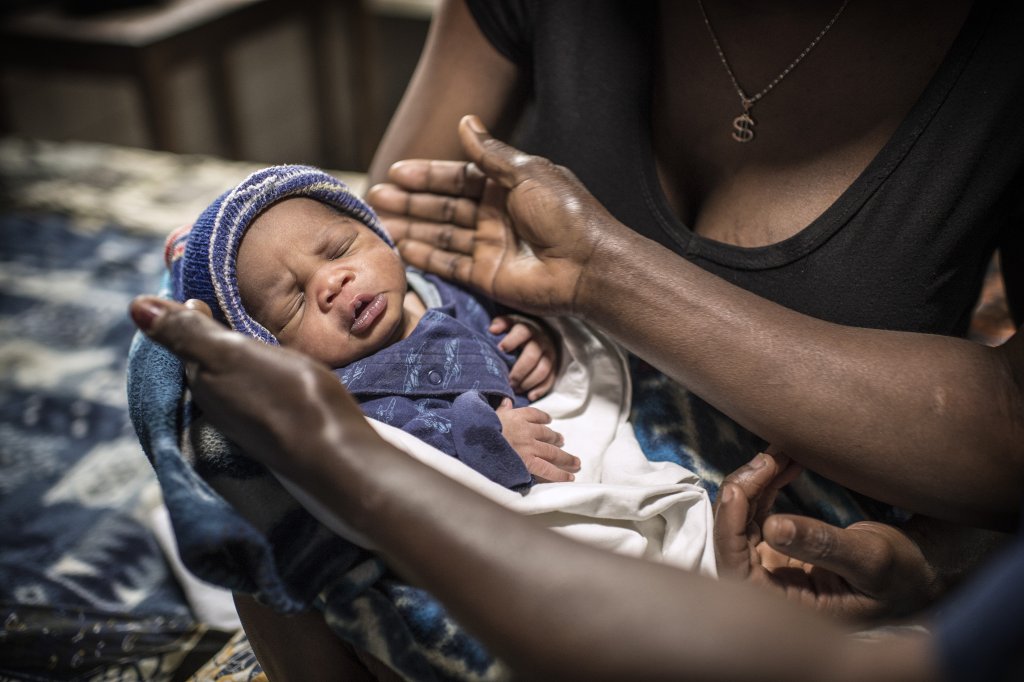
Many of the problems the DRC faces today have their roots in the country’s history of exploitation and colonization. The Portuguese sourced slave labor from what is now the DRC beginning in the 1400s. In total, about 5.7 million Africans were taken from the modern-day DRC and neighboring Angola. Later, in the 1800s, Belgium colonized the DRC, using its land and people to supply rubber to Europe. The explosive growth of Kinshasa, the DRC’s capital city under colonization, paved the way for the HIV epidemic. Today, diseases like HIV, Ebola, cholera, measles, yellow fever, and COVID-19 spread fear and create division.
Political instability has been a hallmark of the DRC since it became an independent country. Conflict stemming from ethnic, religious, and cultural differences is common. Much of the violence and refugee crisis in the DRC today stems from the 1994 Rwandan genocide, when different factions formed armed groups in the eastern region of the DRC. This war, known as the Second Congo War or the Great War of Africa, ran from 1998 until 2003. And today, because of the war, over 5.4 million people, including many children, have died of violence, disease, and starvation. And, 6 million Congolese have been displaced. Today, foreign companies source minerals from the DRC and fund armed groups to fuel further conflict.
Congolese people face recurrent natural disasters, including volcanic eruptions, earthquakes, and landslides. Gender-based violence is rampant and the DRC has been called “the rape capital of the world.” Finally, the DRC is facing the world’s largest hunger crisis, according to the UN’s World Food Program. 26.2 million Congolese wake up every day not knowing where they will get their next meal.
The Needs of Women and Girls
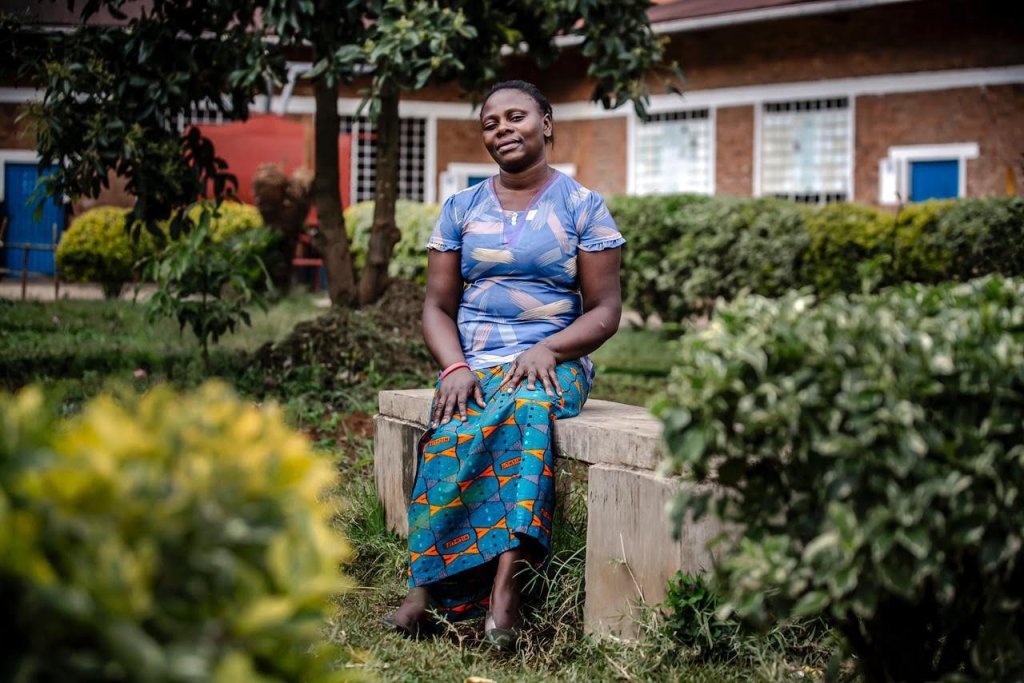
Ending Gender-Based Violence
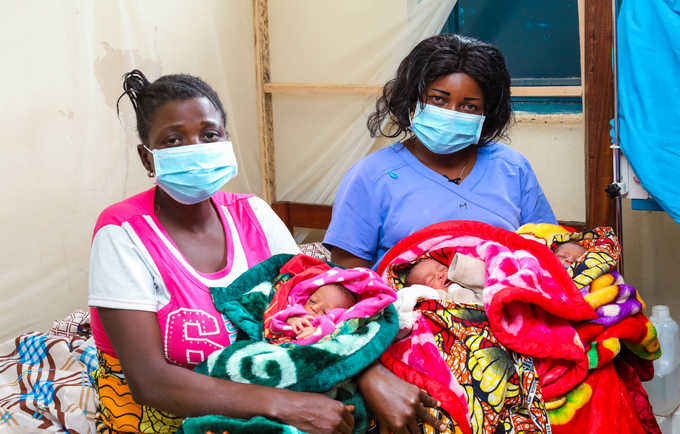
The DRC is considered one of the most dangerous places to be a woman or girl. Gender-based violence, particularly sexual violence and child marriage, are widespread.
Combatting Child Marriage
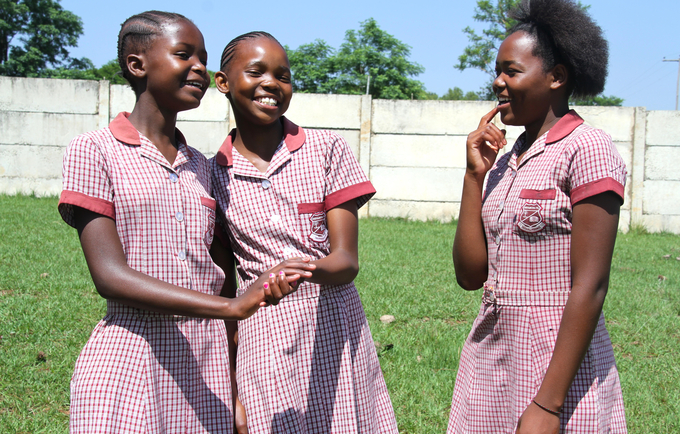
Lisa knows this too well. She experienced serial child marriage, which is when a girl’s family forces her into multiple short-term marriages for money. She explained that, growing up, the safest place for her was at home. Her siblings took care of her after their parents’ deaths. But, then, everything changed. Lisa explained, “One day, I heard them whispering and looking at me. They said the word ‘gift’ several times. Later, I realized what that meant – I was the gift. They gave me away and married me off to a man who was three times my age. I was 14.” Today, Lisa is the only provider for seven children from four forced marriages. More than 1 in 3 Congolese girls become child brides like Lisa.
UNFPA works to end child marriage on multiple levels. We work with community leaders to set a legal age of marriage and then create enforcement strategies so girls can be safe from child marriage. In the DRC, we operate one-stop centers, where survivors of gender-based violence like Lisa can receive treatment for rape and other reproductive health conditions like obstetric fistula, mental health care, and legal advice.
Ending Sexual Violence
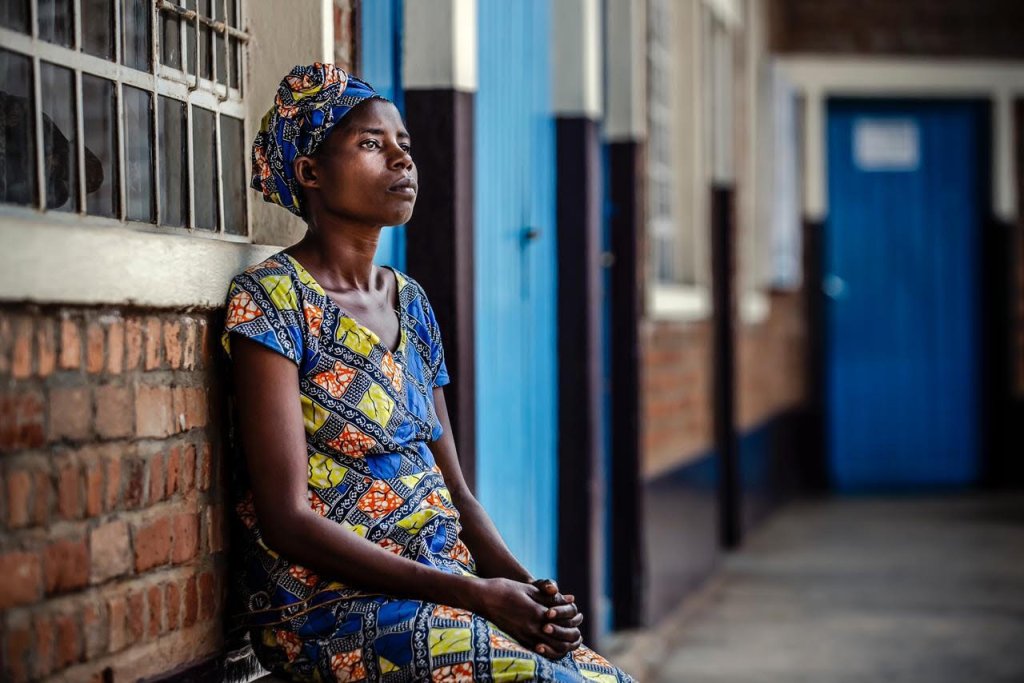
When she was 11 years old, violence broke out in Anne’s community in eastern DRC. As her family fled for safety, Anne was captured and sexually assaulted. It took her a long time to be able to talk about her experience and agree to receive care. Now, after lots of mental health care, Anne has been able to make friends and play with them on the playground in the displacement camp where her family lives.
UNFPA’s Representative in the DRC, Sennen Hounton, explained that, tragically, Anne’s experience is common among women and girls experiencing displacement and conflict. He added that women and girls are doubly at risk for violence, unintended pregnancy, and sexually transmitted infections, during times of instability, because, “Given a lack of opportunities, displaced women and girls are turning to survival sex to meet basic needs such as health care and food.”
Larise was walking home from an aid distribution site with three other women and two girls when she was attacked. She remembers, “I turned around and, in the dim light, I saw men and boys coming towards us. They grabbed us and they were jeering when they distributed us among them, including the children. Five men took turns raping me and violating my body. My last thought before I lost consciousness was how pure evil can exist in this world. I was in the hospital for five months. The men broke my body into many pieces and shattered my soul.”
Taking Action
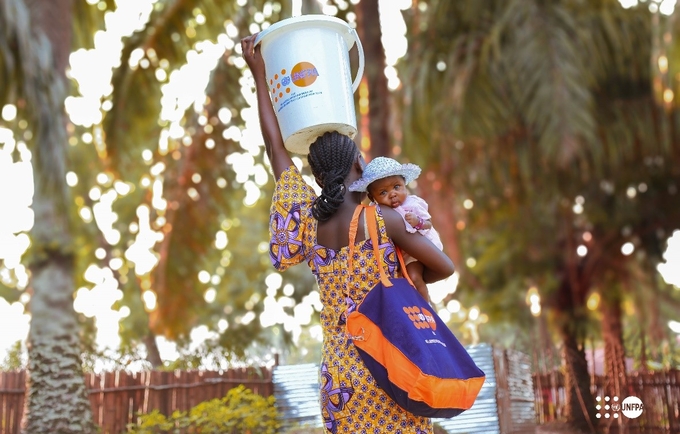
The thought of overcoming the entrenched and complex realities that shape women’s lives in the DRC may be daunting. But, we have promised to be there for women and girls, no matter what. Like Lisa, Anne and Larise have access to one-stop centers where they can receive care. We also support the changes they have asked for to keep them safe. For example, survivors of violence have asked for better accountability and inclusion of women during aid distribution, so women don’t have to resort to transactional sex to get the items they need. They have also insisted that aid groups consult women on the construction of water points to reduce women’s risk of an attack.
Improving Nutrition for Pregnant Women and Children
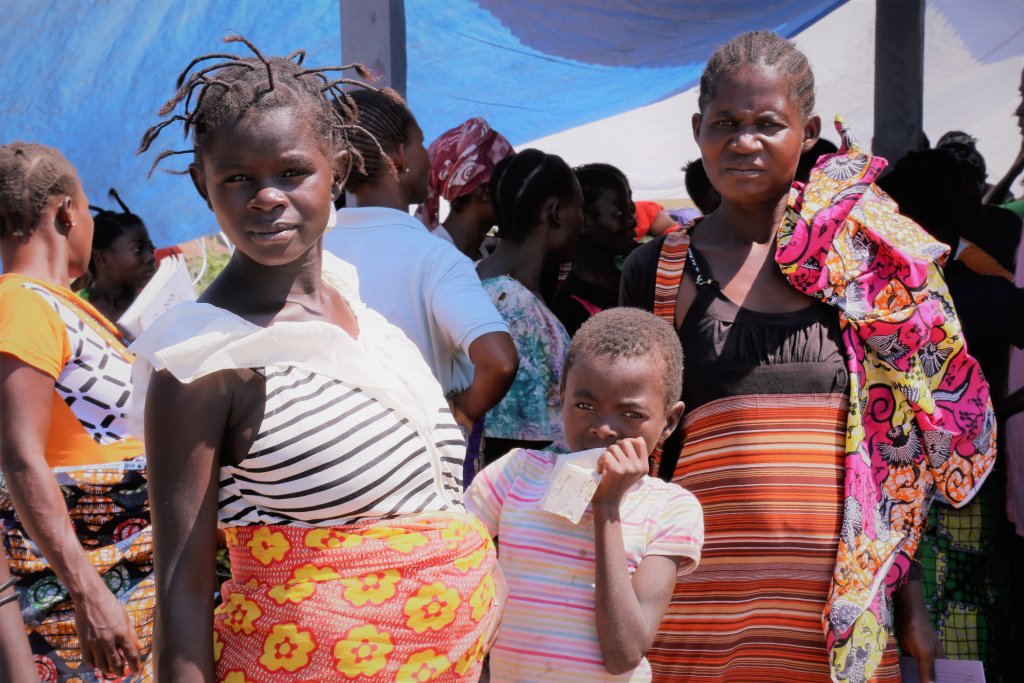
The DRC is experiencing the world’s worst hunger crisis. Over 26 million people are food insecure and more than 400,000 pregnant women in the DRC right now are acutely malnourished. These women are at increased risk of pregnancy and childbirth complications, including obstetric fistula, extreme blood loss, preterm labor, and maternal and newborn death. These risks are heightened in young mothers —about 1 in 4 Congolese teenage girls will become a mom— because their bodies are not mature enough for pregnancy. And, young mothers face stigma and other barriers that make it difficult to access care.
UNFPA works with the World Food Program to provide food and vitamins to pregnant women and new moms in the DRC. Last year, 844,000 pregnant and breastfeeding women received treatment for acute malnutrition. When new moms have the food they need, their babies are healthier and more likely to survive to their first birthday.
Disease Response
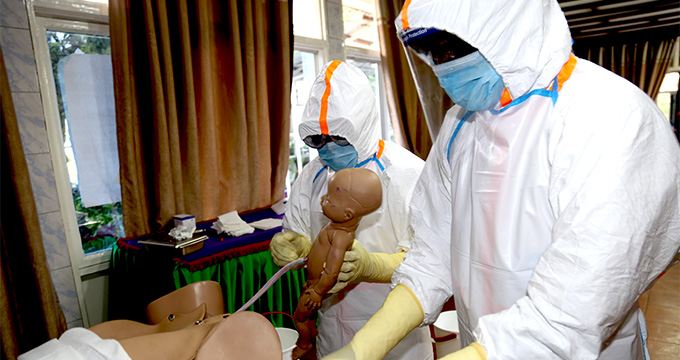
Ebola is a serious disease that kills about half of all people who become infected. Virtually all cases of Ebola in pregnant women end in miscarriage or newborn death. And, for pregnant women who survive the infection, the virus can survive in their breastmilk and uterine fluids for an unknown length of time. This leaves the pregnant women’s partners, family members, and health care providers at increased risk of infection and death. About 5% of all Ebola deaths are due to health care workers who became sick while caring for their patients. And, because women and girls are more likely to be frontline health care workers and caretakers for family members, they disproportionately become sick and die.
Working Against Misinformation
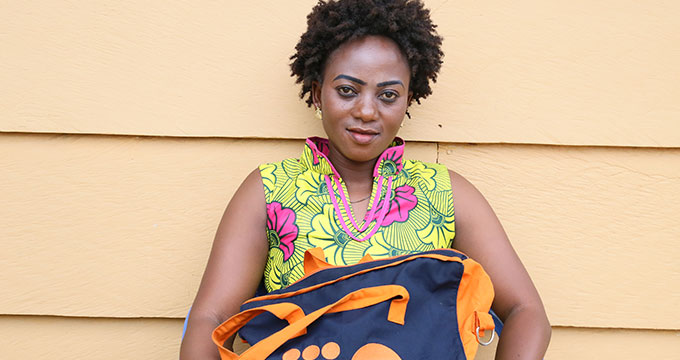
Because of these extreme risks, health care providers recommend Ebola survivors wait 2 years before trying to become pregnant. However, due to chronic insecurity and misinformation, many Congolese people don’t believe Ebola is real. Jemima, one survivor, explained, “I did not believe in the existence of Ebola. Like many, I took the disease for a [story] made up by politicians.” But then, she became sick. “I was so afraid to die and be put in a body bag, just like my parents were.”
Luckily, health care workers were able to save Jemima’s life. UNFPA supports health care workers on the frontlines of the Ebola epidemic with supplies like personal protective equipment, vaccines, dignity kits, training for infectious disease management, clean water stations, and community awareness campaigns. The dignity kits and clean water stations help prevent the spread of Ebola by maintaining sanitation standards.
Ebola infection information and trainings have helped the DRC respond to the COVID-19 pandemic.
Care for Refugees
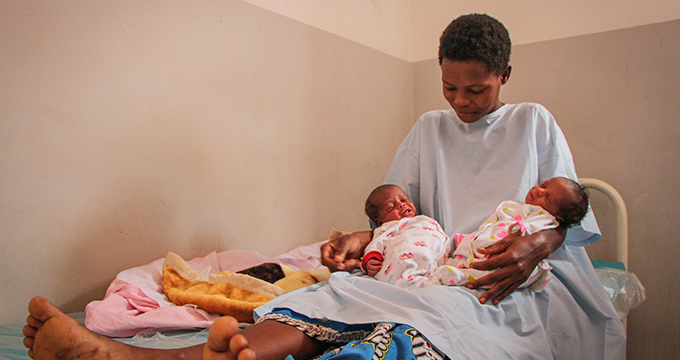
There are over 5 million displaced people in the DRC and an additional 1 million Congolese refugees in neighboring countries, like Angola. Migrants often face extreme barriers to health care, including discrimination, language barriers, and heavy financial burdens. But, they also have complex and unique health care needs.
Yvonne, her husband, and their young daughter, for example, fled violence in the DRC for Angola. She knew she was pregnant, but she didn’t know she was soon going to be a mom to twins. Luckily, Yvonne safely gave birth to her twin daughters via C-section and received mama kits from UNFPA. Now, her life is in Angola. “My dream is to see my children grow up and study here in Angola. I want them to be safe.”
Like Yvonne, Jacqueline was pregnant when violence broke out in her region of the DRC. But, unlike Yvonne, Jacqueline was already 8-months pregnant and unable to flee. She and her young son hid from soldiers in the bush, but her husband went missing in the violence. After the attack, hundreds of women like Jacqueline stayed in the bush, either unable or too afraid to seek the care they needed. UNFPA saw this need and began sending mobile health clinics to these women and their families. It was at one of these mobile clinics that Jacqueline had her first prenatal appointment and received an emergency birth kit. The kit has everything she needs to safely give birth, even if a midwife is unavailable. Now, Jacqueline continues to attend her appointments while she waits for her newborn.
Women-Friendly Safe Spaces
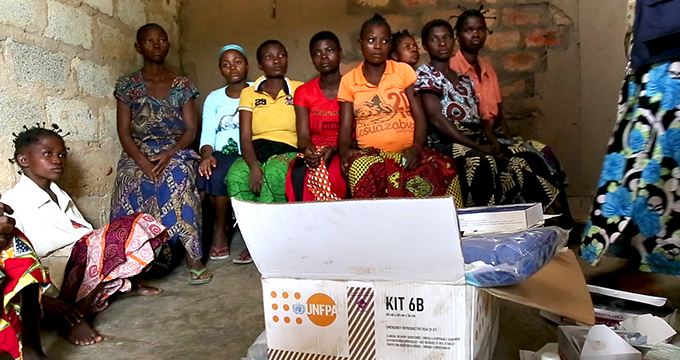
In addition to maternal health care, UNFPA operates women-friendly safe spaces in the DRC. At the safe spaces, women and girls like Dadi and Musito receive care including mental health counseling, care after experiencing gender-based violence, and dignity kits. The dignity kits contain personal care items like soap, underwear, and menstruation products, which are especially helpful to girls like Musito, who never received sexuality education or information on periods. The safe spaces provide migrants with a place to learn, relax, and rebuild their lives.
Despite the Challenges, We are There
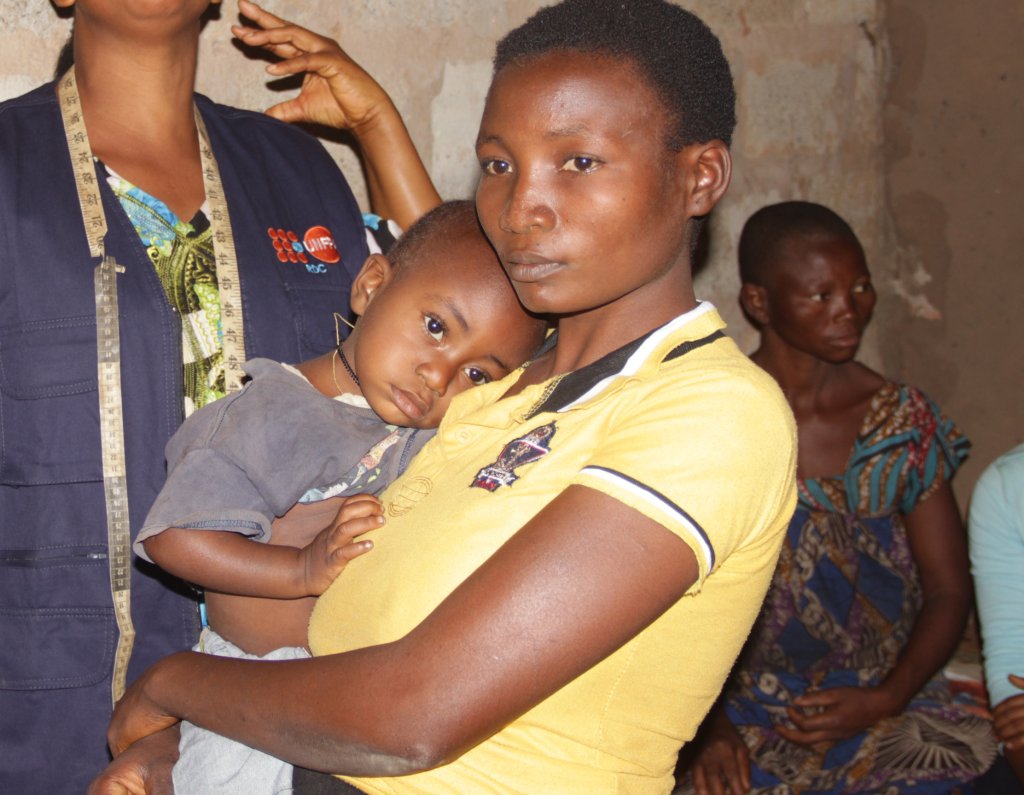
The issues plaguing the DRC today stem from a history of exploitation and underinvestment. But despite these challenges, we are there providing lifesaving care to women and girls every day. With your support, we can do even more to build a better future for Congolese women and girls. Your donation ensures that women and girls like Larise, Jemima, and Jacqueline, have access to the care they need, no matter what.
-Dana Kirkegaard